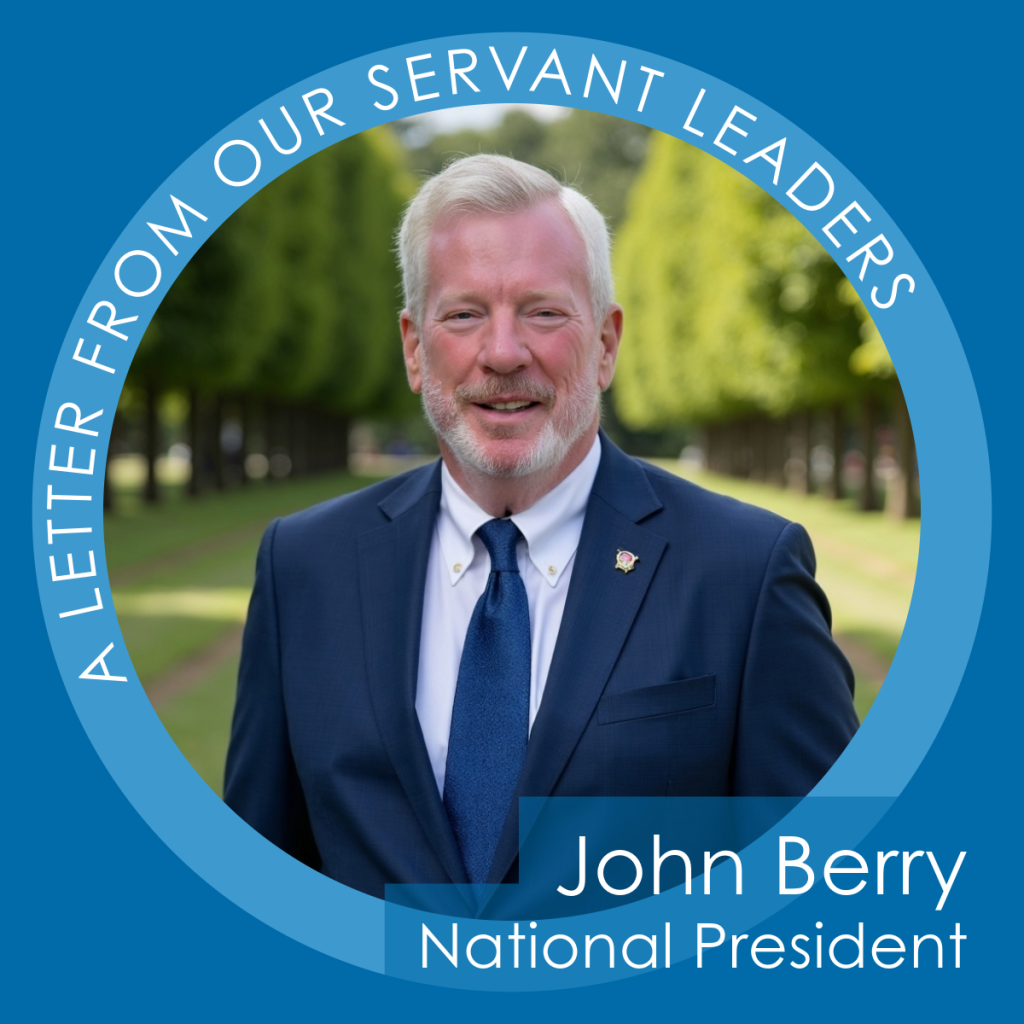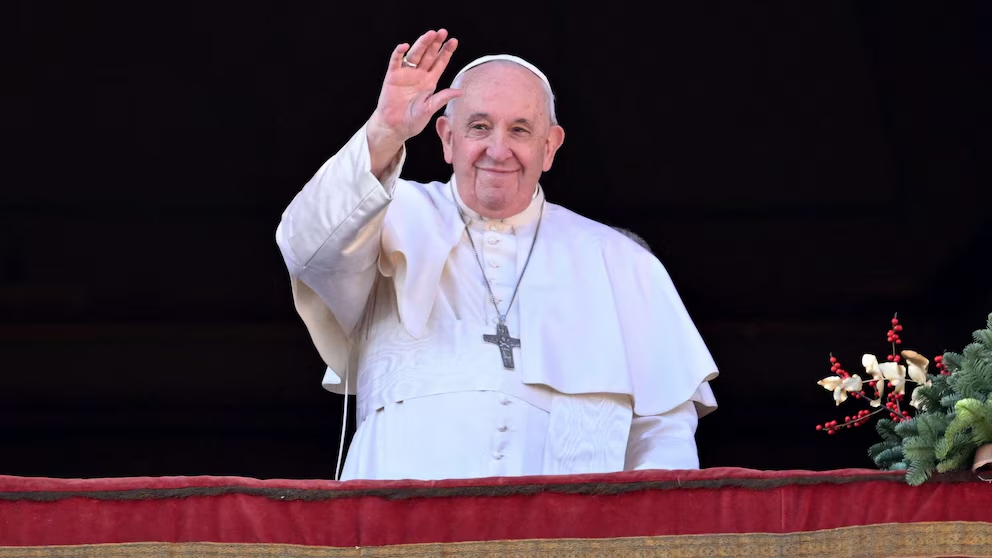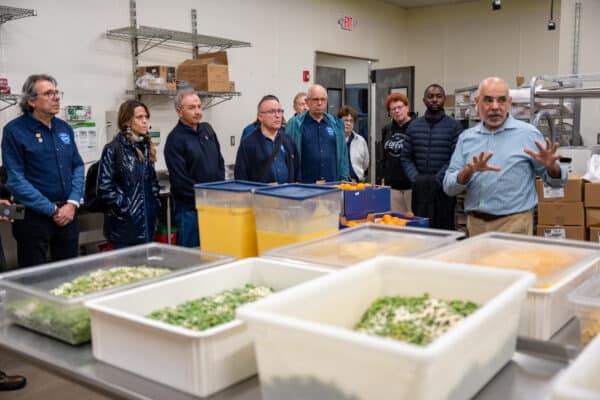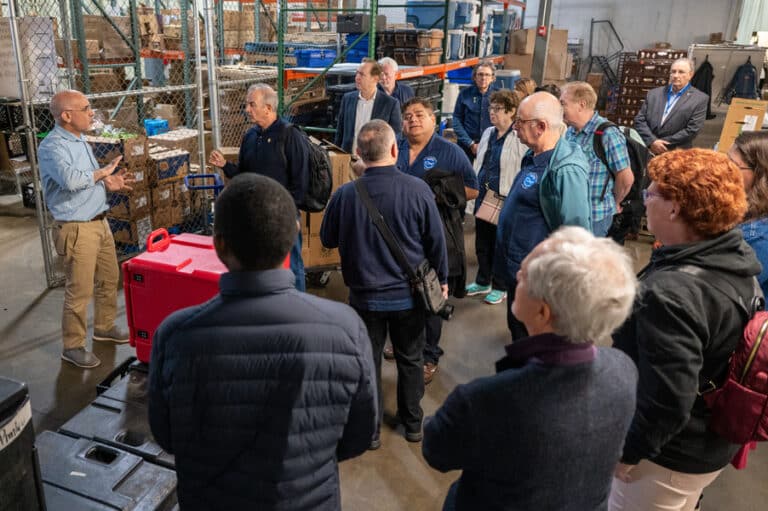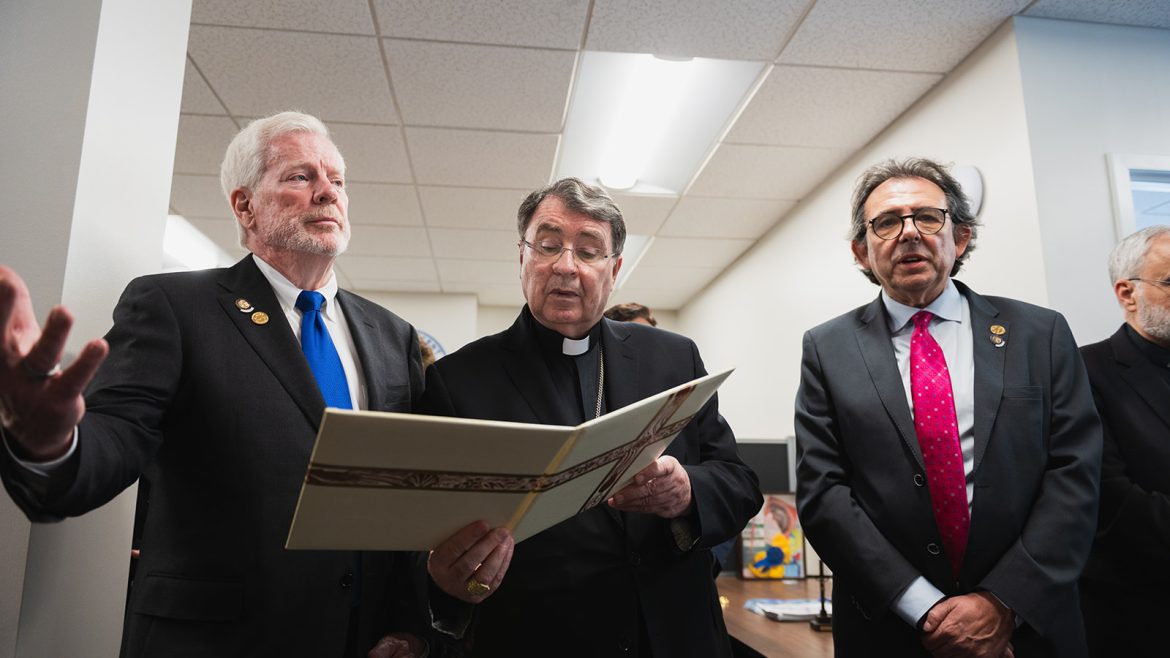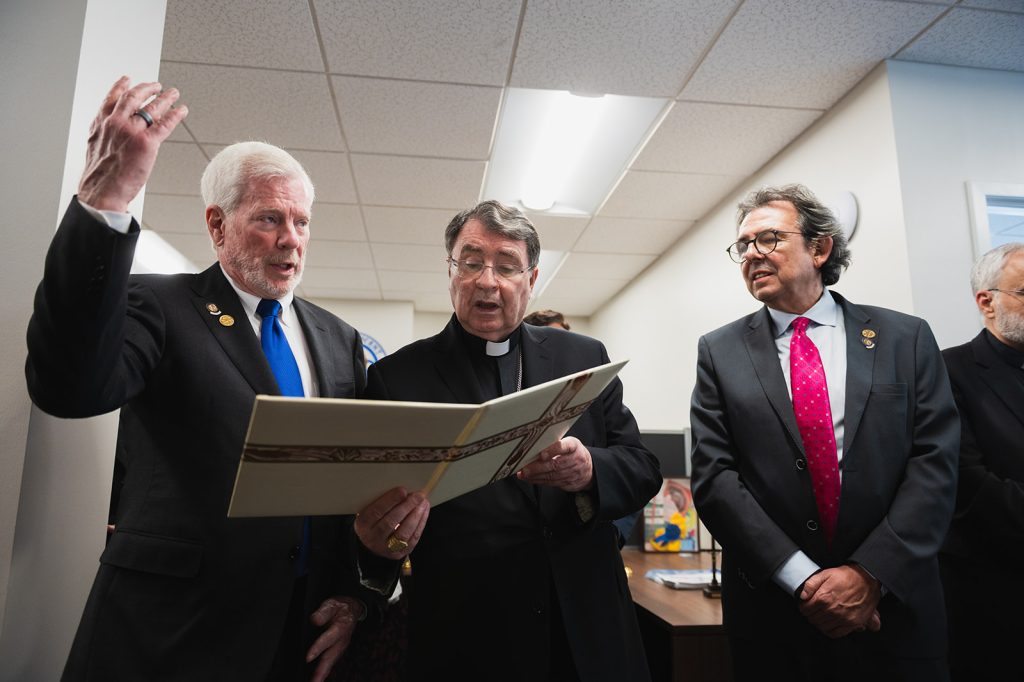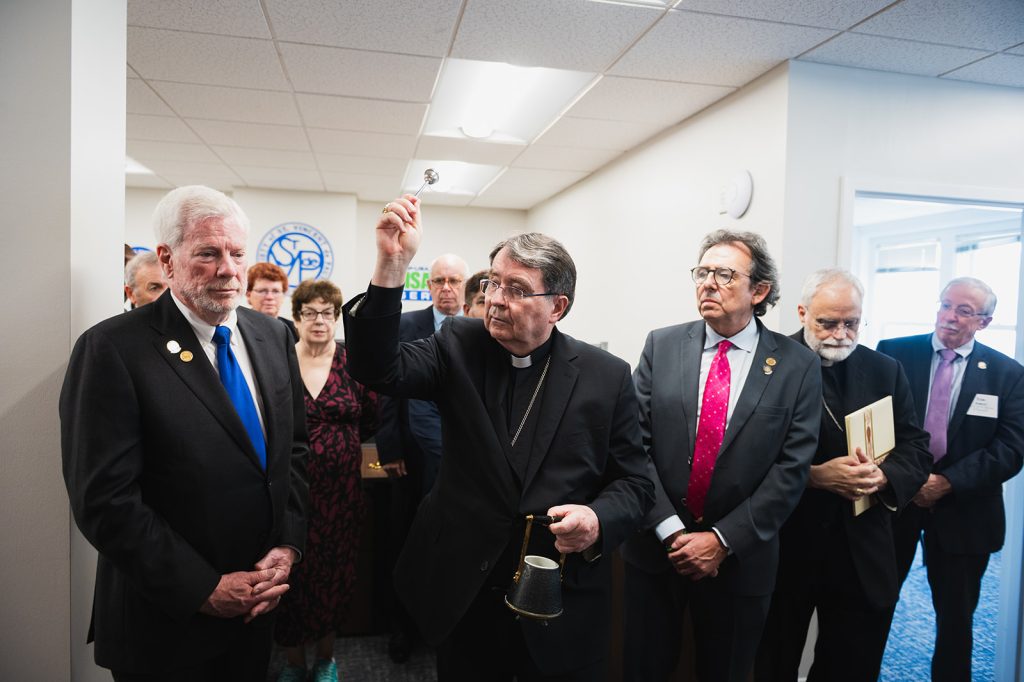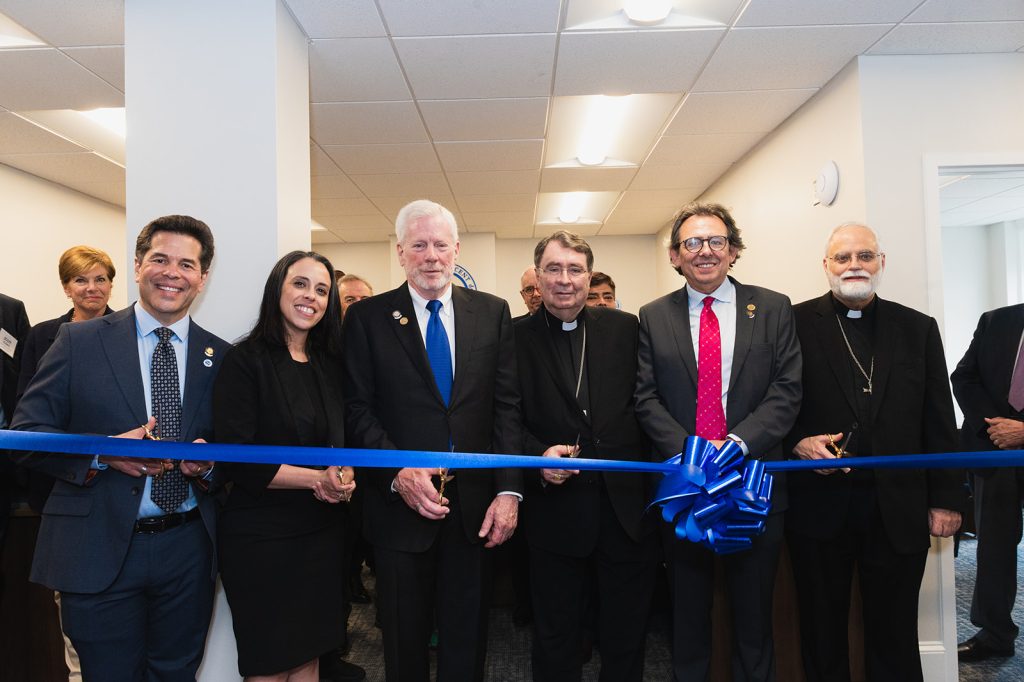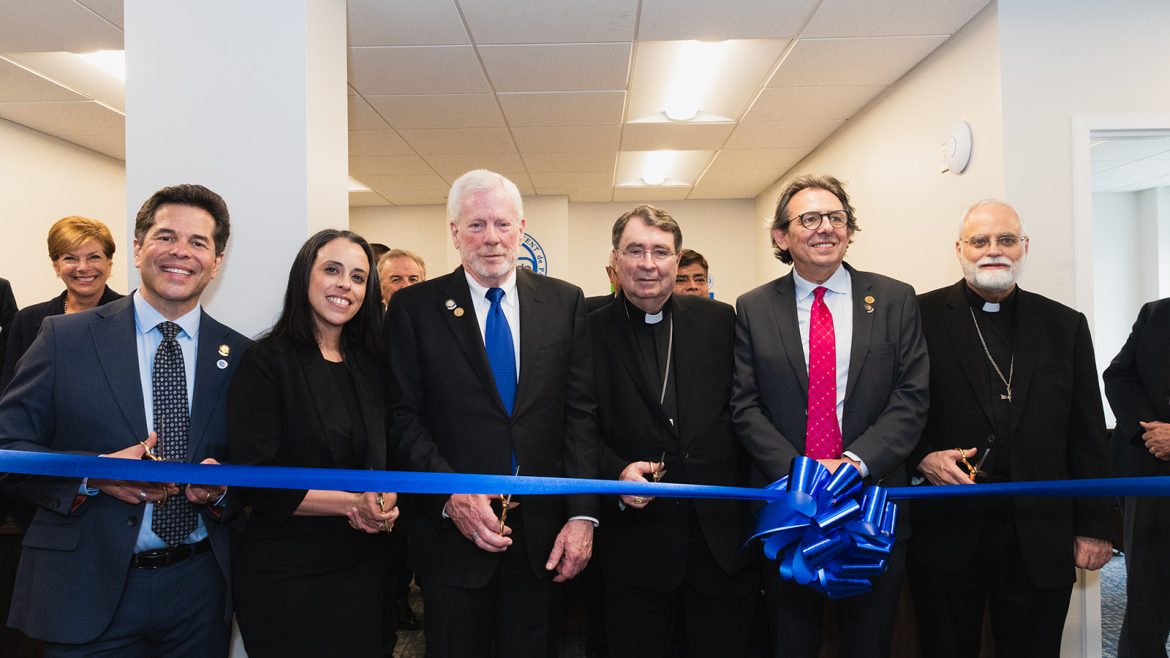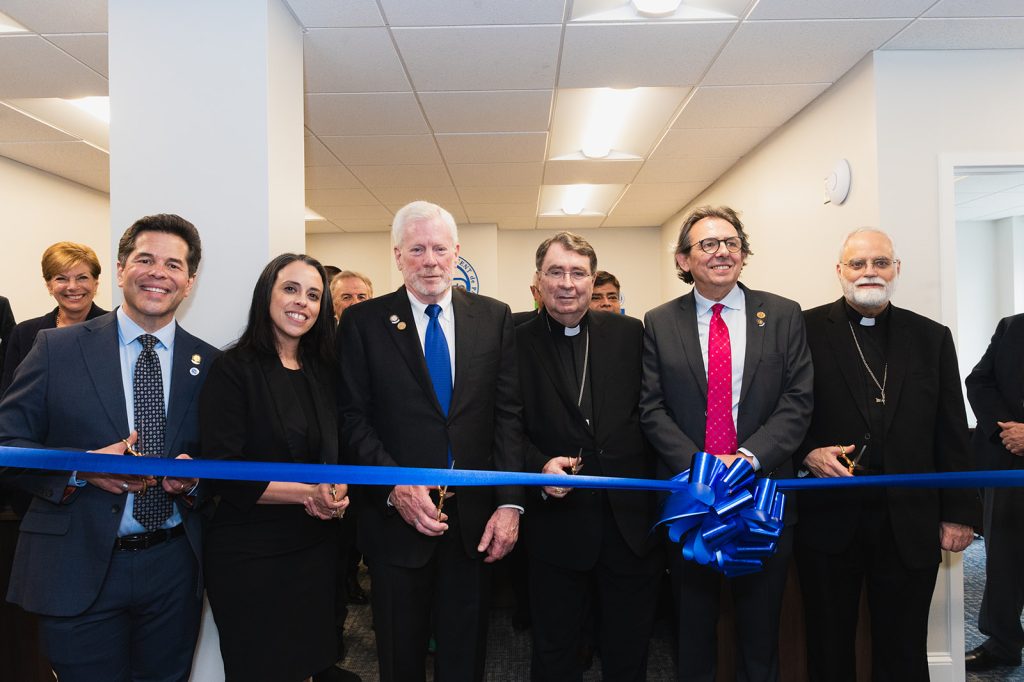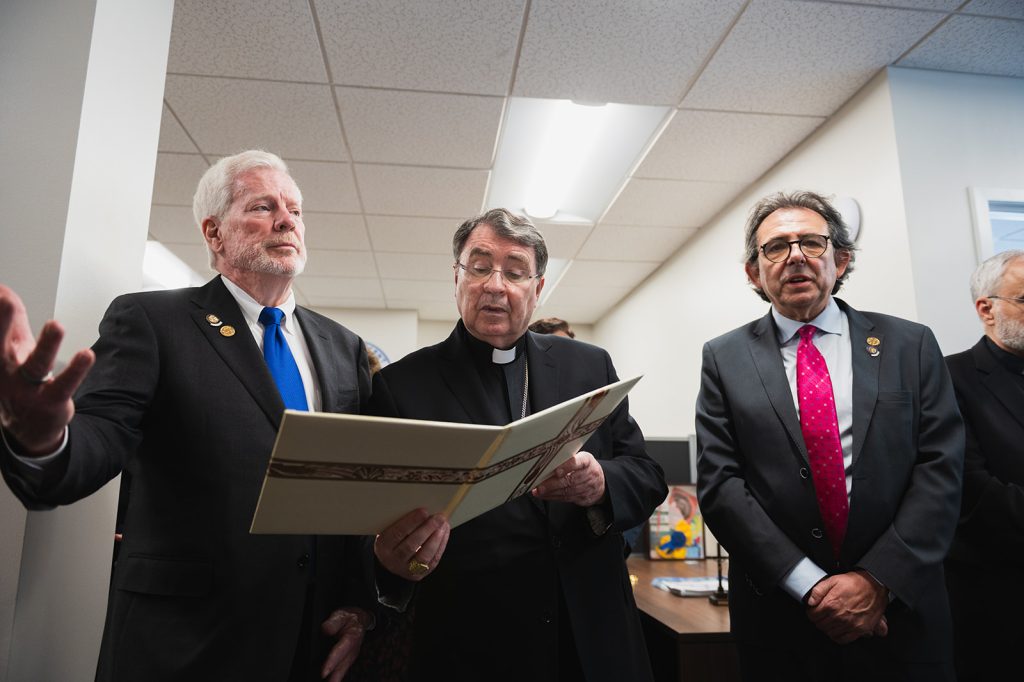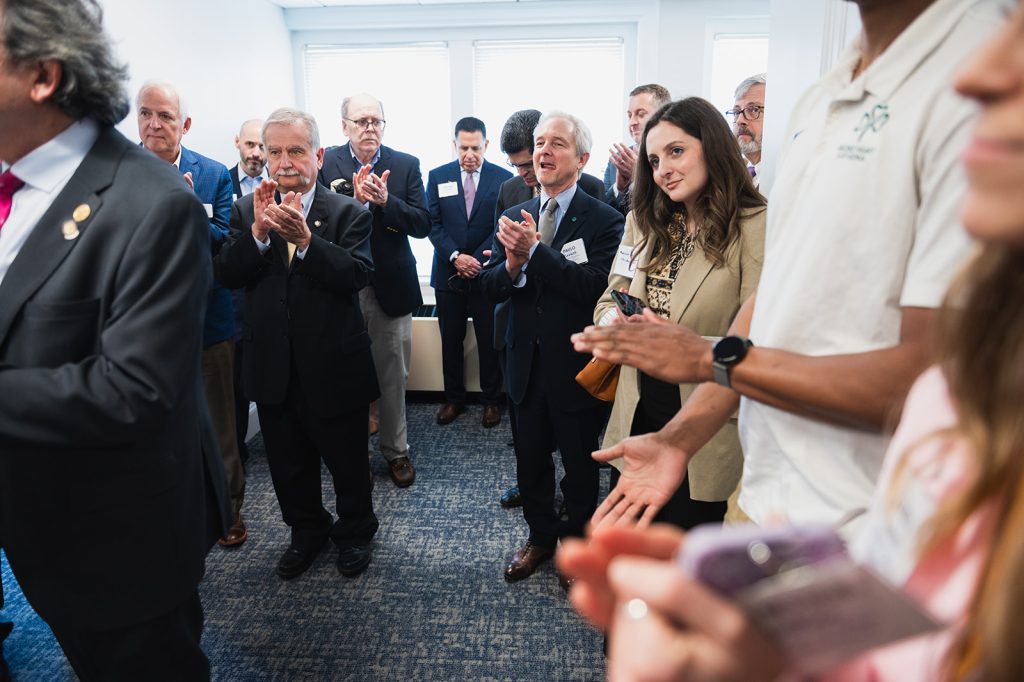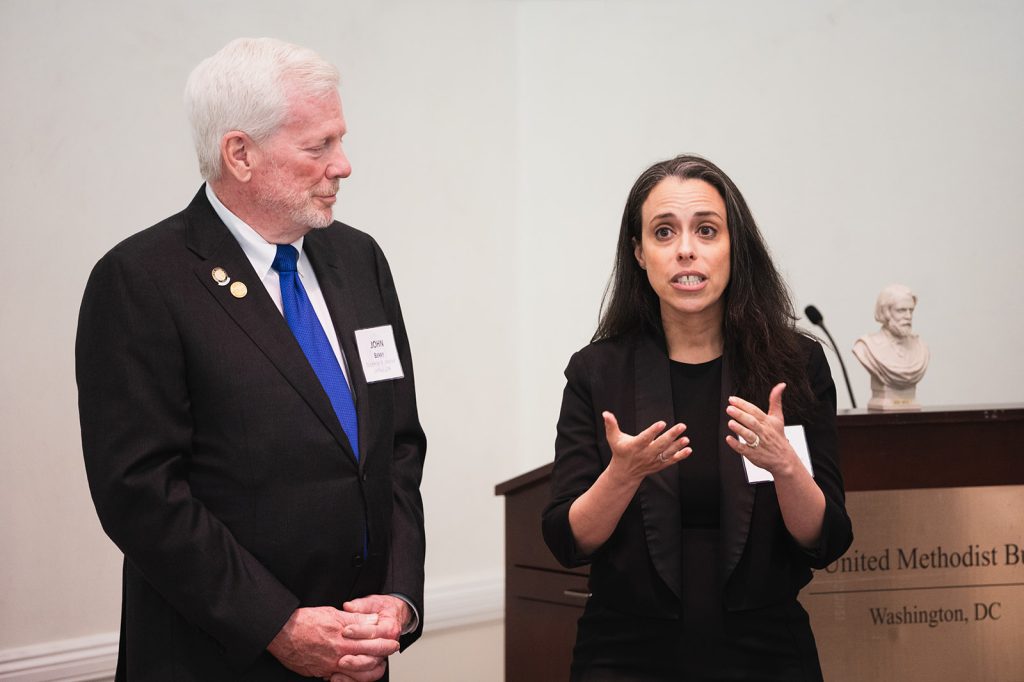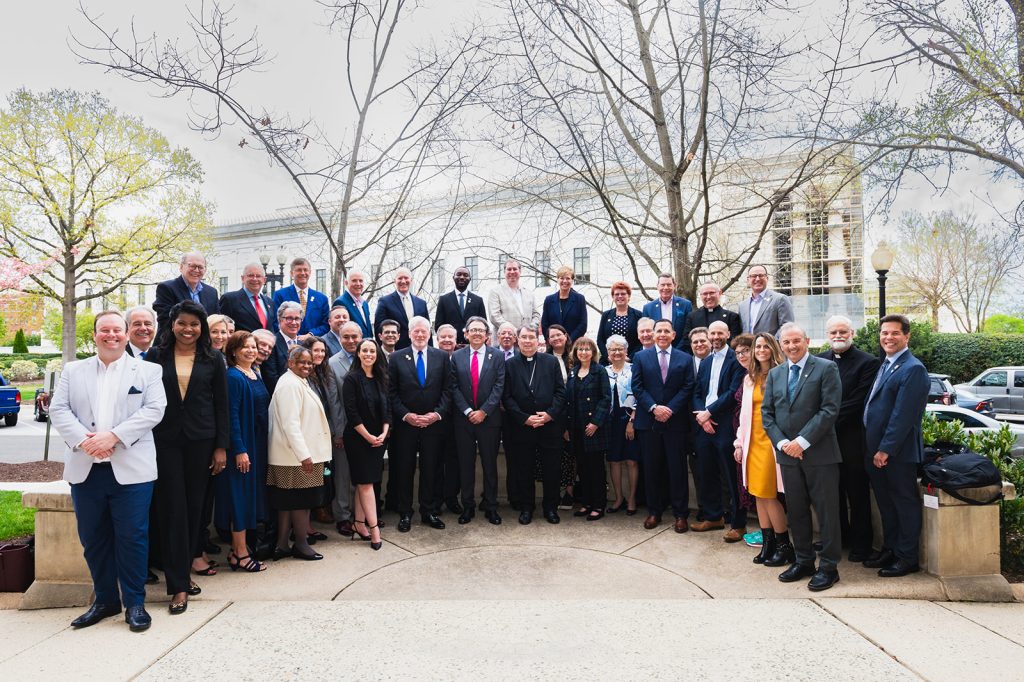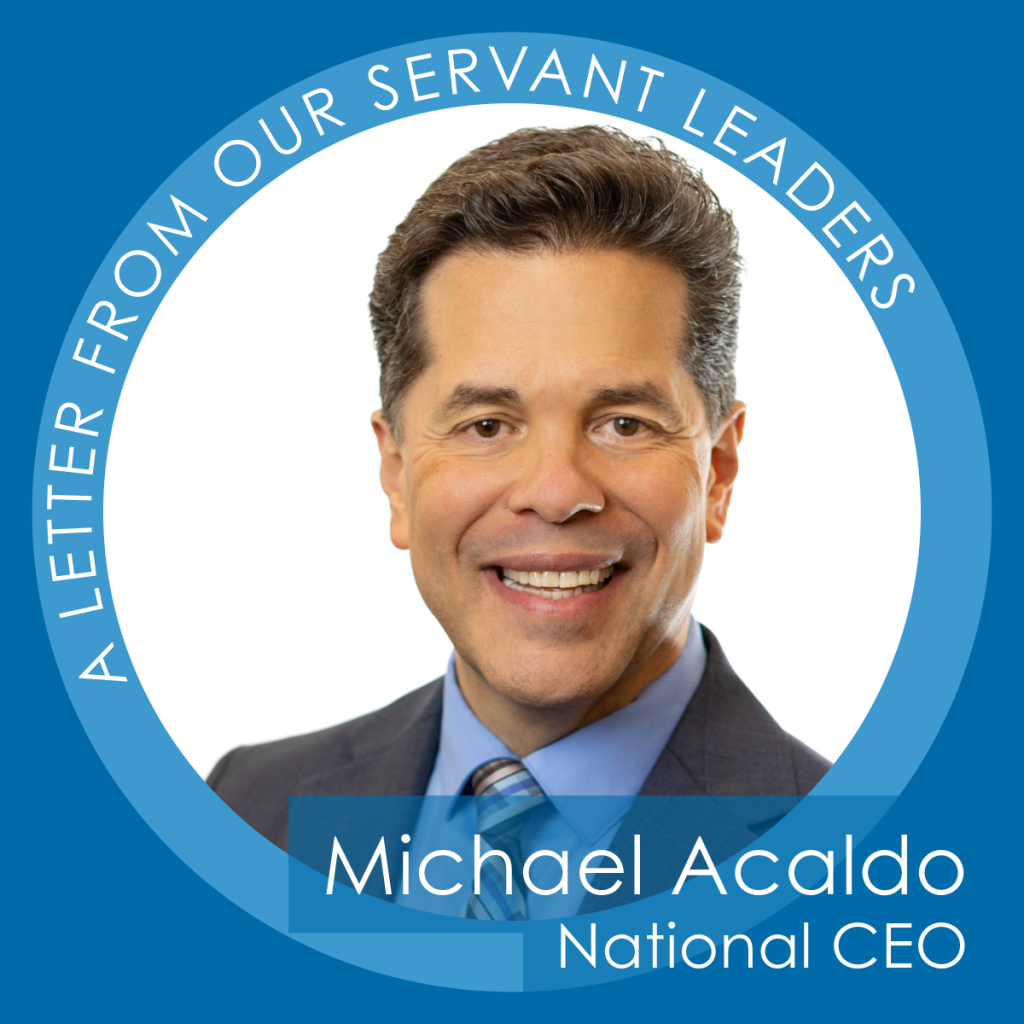 Our Vincentian Family From East to West and North to South
Our Vincentian Family From East to West and North to South
Minutes before this issue of Frederic’s Five was finalized, the world learned that the Holy Spirit has chosen Pope Leo XIV as our new Holy Father. We know that he will embrace our mission of serving Christ by encountering those in need and one another as we live our Vincentian Virtues in a world that desperately needs the love and action of our Society!
My article shares how we are committed to our Church’s call to grow in holiness as we seek and find the forgotten, suffering, and deprived so that we may bring them Christ’s love.
“And people will come from the east and the west and from the north and the south and will recline at table in the kingdom of God. For behold, some are last who will be first, and some are first who will be last.” Luke 13:29-30
We have Vincentians from the east to west and north to south – all over the country – that have accepted Christ’s invitation to enter the narrow door of the kingdom of God. They have done so by living our Society’s five virtues of Simplicity, Humility, Gentleness, Selflessness, and Zeal.
That is why I absolutely love being able to visit with our Vincentian membership throughout the country.
The first regional meeting I recently attended was for the North Central Region. When I entered the meeting and was greeted by Regional Vice President, Bat Seymour and all the members of this Region, I felt the Holy Spirit in that room! I met extraordinary people committed to our Society in a remarkable way. What a fantastic start to my regional visits!
Two weeks ago, I was blessed to be with Paul “Korky” Korkemaz, Mid-Atlantic Regional Vice President, and Vincentians from throughout the region. The first night of this meeting was so special. After gathering for a simple meal at the retreat center, the night ended with a musical meditation to begin our meeting with the Holy Spirit at its center.
It was so beautiful that at the end of the performance, all Vincentians were asked to look at one another and to tell everybody that they loved each other. In a world where love is not so easily expressed, and that seems to be filled with hate, the act of expressing our Vincentian love for one another was so effortlessly done. What a gift to be with so many Vincentians living their faith through the Society of St. Vincent de Paul!
Last week, I was blessed again being with Judy Dietlein, West Regional Vice President, and the members of the region. Again, I had the joy to visit and spend time with Vincentians embracing our mission and virtues as they expressed their commitment to their faith journeys.
In this meeting, I felt the Vincentian energy of friendship in a way that was overwhelming. They exuded our passion for one another in our Vincentian family.
Whether it is east, west, north, or south, our members are living the Gospel values in such a phenomenal way. Each Vincentian I had the honor of meeting expressed their faith through their Vincentian charism in a way that only they could. Vincentians give the gift that only they can give – the priceless gift of themselves!
I could fill pages and pages of encounters I had with my fellow brother and sister Vincentians at these regional meetings. I have four more meetings to attend, and I cannot wait to go!
In my last article, I briefly mentioned the importance of our Vincentian encounters. Often, we focus on our priceless encounters with those in need, and we do not spend enough time focusing on those equally priceless encounters with one another. These encounters are our Vincentian friendship in action that help us to grow together spiritually.
Take a minute today to think about all those Vincentians that have touched your life spiritually. Think about the wisdom they shared with you and how it enriches your spiritual journey. How can you share that wisdom with all your Vincentian friends at your Conference, Council, Region, or the National Council? Your wisdom will be a gift that will last a lifetime!
And today, let’s not only share this wisdom, but most importantly, Christ’s love, as we join our entire Vincentian Family in celebrating the new pontificate of Pope Leo XIV!
Best wishes in Christ,
Michael J. Acaldo


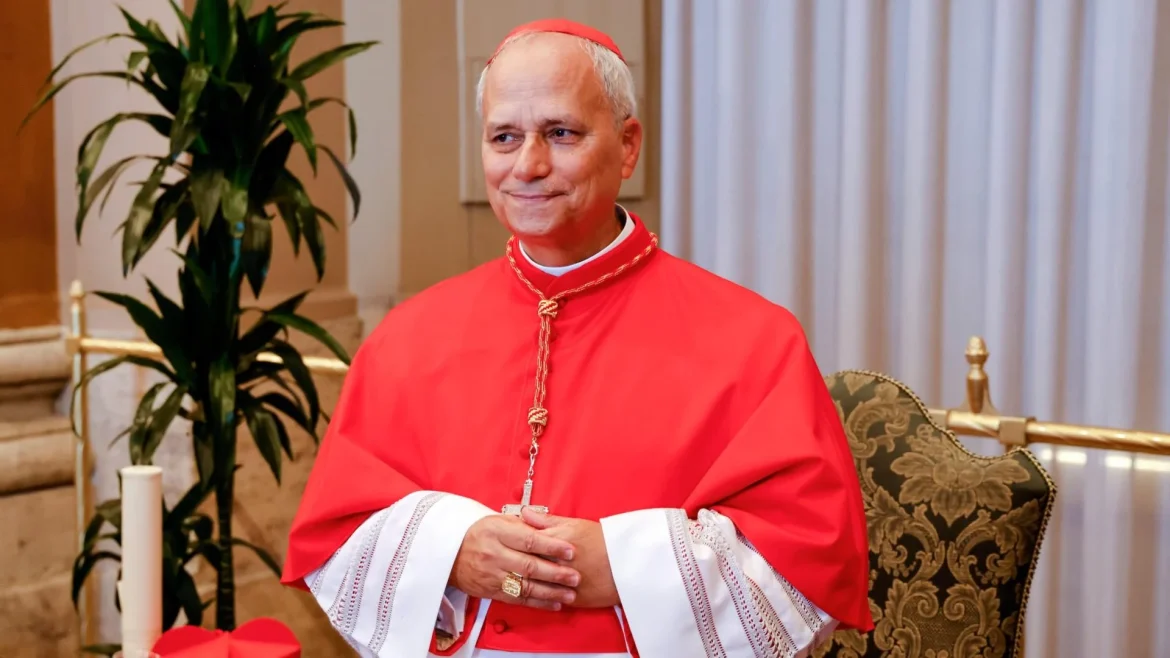
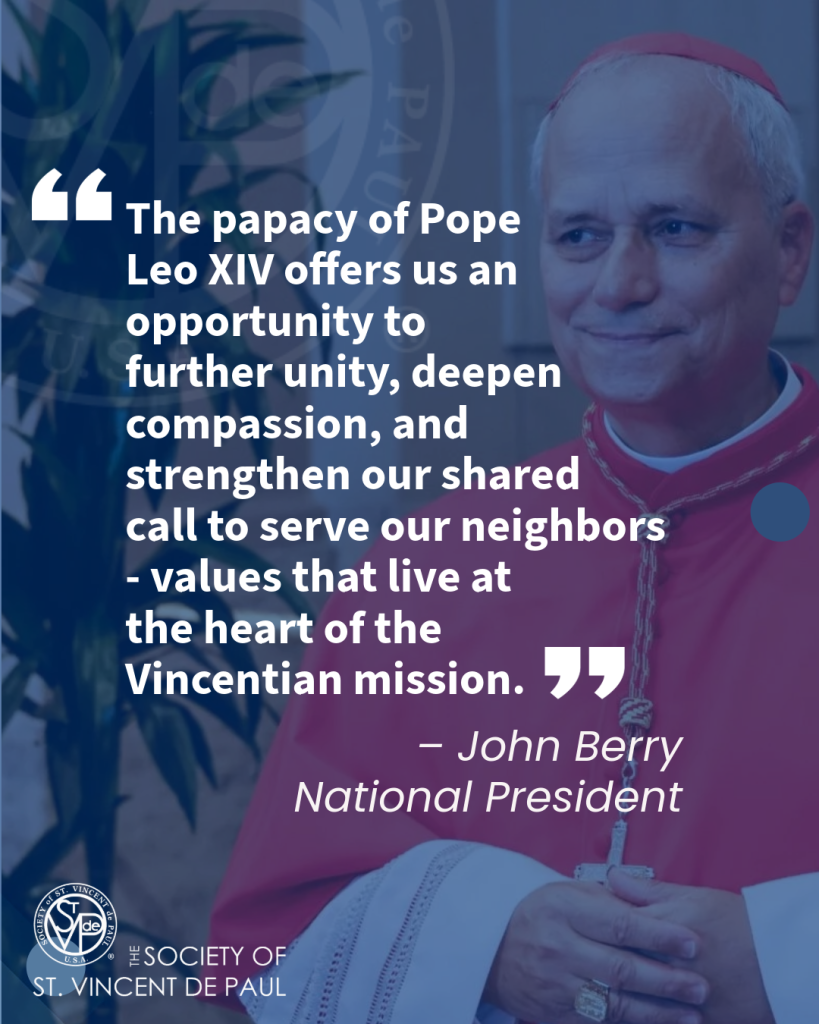

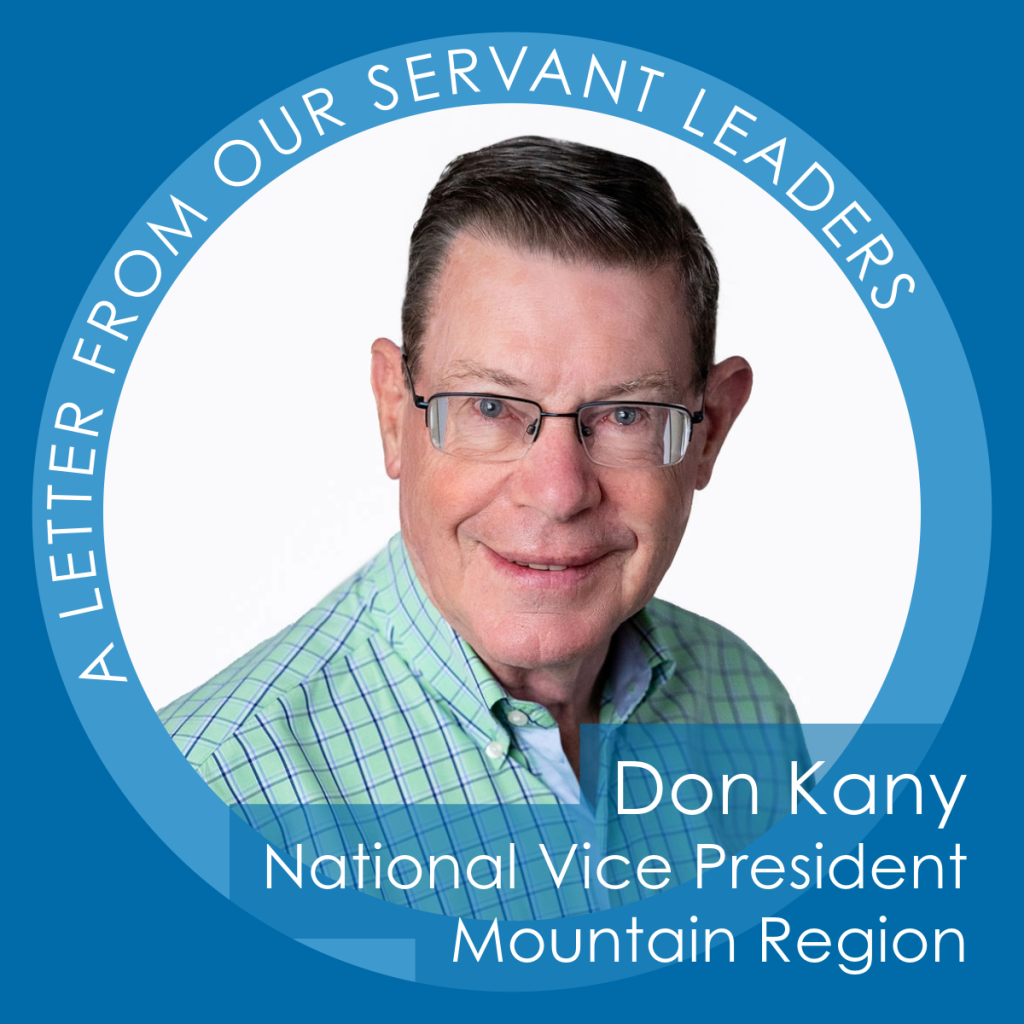 Often when explaining what the Society of St. Vincent de Paul is, I use the 3-legged milk stool as an analogy. Our purpose is to grow in holiness, in service to the poor, and in friendship. Those are our essential elements.
Often when explaining what the Society of St. Vincent de Paul is, I use the 3-legged milk stool as an analogy. Our purpose is to grow in holiness, in service to the poor, and in friendship. Those are our essential elements.
